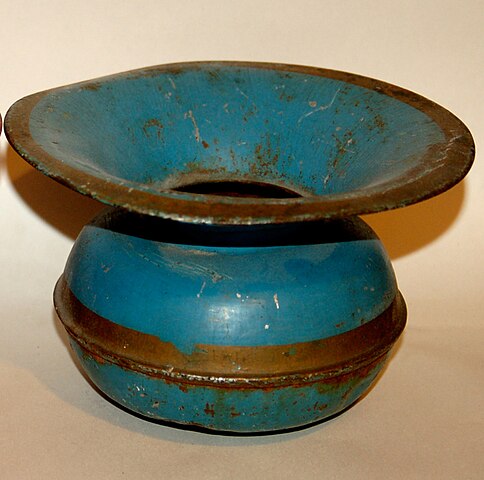palaver [puh-lav-er, ‐lah-ver ]
noun:
1 a a long parley usually between persons of different cultures or levels of sophistication
b conference, discussion
2 a idle talk
b misleading or beguiling speech
verb:
1 talk profusely and idly
2 parley or confer
Examples:
What a palaver that would create: the women’s champion not coming to talk about the joys of lifting one of the sport’s biggest prizes. (Paul Myers, French Open returns with usual suspects, coronavirus restrictions and ructions, rfi, May 2021)
Brown and anonymous in plumage they may be, but the birds are also invariably invisible at the hedge bottom, where they maintain a perpetual, self-absorbed palaver. The amusing process usually goes something like this: the mere sound of the door sparks a lull in proceedings and my appearance imposes instant silence, the noise of food scraping arouses a slight renewal of conversation, and the click of the closing door turns that palaver back on as if it were a switch. (Mark Cocker, Country diary: the shy side of our cheeky sparrows, The Guardian, December 2020)
Here they were attacked by the bow-and-arrow men, whom they could not persuade to palaver with them. (Edgar Rice Burroughs, Out of Time's Abyss)
Poyser might sit down if he liked, she thought; she wasn't going to sit down, as if she'd give in to any such smooth-tongued palaver. (George Eliot, Adam Bede)
Origin:
1733 (implied in palavering), 'a long talk, a conference, a tedious discussion,' sailors' slang, from Portuguese palavra 'word, speech, talk,' from a metathesis of Late Latin parabola 'speech, discourse,' from Latin parabola 'comparison'.
In West Africa the Portuguese word became a traders' term for 'negotiating with the natives,' and apparently English picked up the word there. (The Spanish cognate, palabra, appears 16c.-17c. in Spanish phrases used in English.) The meaning 'idle profuse talk' is recorded by 1748. The verb, 'indulge in palaver,' is by 1733, from the noun. (Online Etymology Dictionary)
During the 18th century, Portuguese and English sailors often met during trading trips along the West African coast. This contact prompted the English to borrow the Portuguese palavra, which usually means 'speech' or 'word' but was used by Portuguese traders with the specific meaning 'discussions with natives.' The Portuguese word traces back to the Late Latin parabola, a noun meaning 'speech' or 'parable,' which in turn comes from the Greek parabolē, meaning 'juxtaposition' or 'comparison.' (Merriam-Webster)





